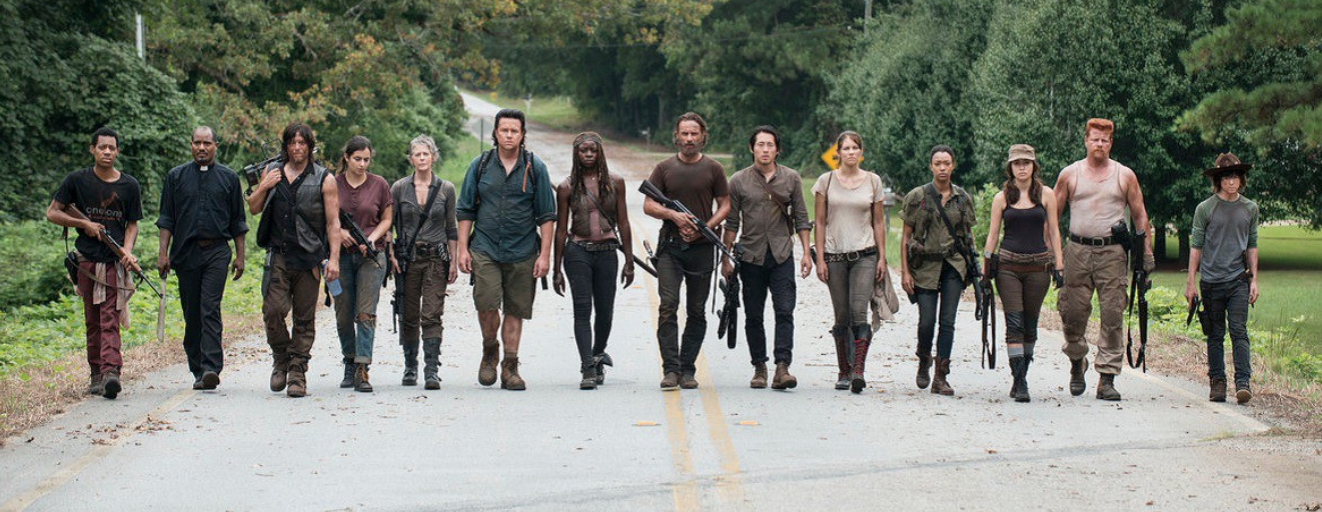5 ways patients have changed in the digital age





Hierarchies are less applicable in what is now a more diverse and interconnected culture, so why do we still use them? Why do so many patients see doctors as remote authority figures instead of partners in health? Because the way we have organized our stories for generations informed the way we organize our systems.
Before the internet, the majority of popular stories and movies followed the “Hero’s Journey.” The Hero’s Journey informed narratives for thousands of years, and these narratives inevitably formed our culture. Even our primitive ancestors learned important rules from stories that helped them survive the hunt, find food, and avoid harm. For most of human history, obeying experienced leaders was necessary for survival. Over the past two decades something significant changed. With the internet, people can access information and each other in new ways. Groups of patients with the same diagnosis gather online to share stories and treatment ideas. Patients access university libraries and do research from their kitchen table and can even effectively educate their health care providers about aspects of a health condition.


As options for health improvement expand we no longer have to see doctors as omnipotent, powerful heroes. Instead, we can empower patients to better take care of their own health and to view heath care providers as a valuable member of a team.
HBO and Netflix are discovering that the Hero’s Journey, which entertained and informed generations, is no longer appealing to modern audiences. This trend is becoming increasingly apparent in current movies and television. People no longer have to sit back and wait for someone to come to their rescue. Instead, they are empowered to see themselves as part of the story. As one Netflix executive said, “It stands to reason that some of our biggest and most talked about hits are Collective Journey type stories…. to see whether our characters can surmount their differences, however extreme, and repair their worlds.“
Empowered people are becoming empowered patients. Our health care system, and practitioners, will inevitably need to adjust.

